Claus Mueller, www.filmfestivals.com NY correspondent with german blood, was privileged to sit down at the end of the Berlinale with Dieter Kosslick, the Festival Chief.
Claus Mueller: What surprised you about the 2014 selection?
DK: This year’s selection is completely different from what we offered last year. You really cannot compare it from the product ion angle, but you can compare it from the subject matters. Some films have the same focus such as sex, kids, violence... otherwise the films are entirely different, we have the kind of diversity we never had before
CM: Thus you have a supermarket of different approaches and themes?
DK: More like a delicatessen... like the whole food market
CM: We have the clusters you noted. What about other clusters?
DK: A lot of films are made now with kids as the main character. This is probably tied to the fact that one of the groups suffering most from the economic crisis is children. Not many people know that we have now one billion children in the world and if you take the young people of up to 20 years of age we have two billion suffering on different levels....this is the reason why we see so many films [on that theme]
CM: If you look at film markets there seems to be a tremendous growth of film productions. Some like Beki Probst (Director of the Berlinale’s European Film Market) suggest that there are too many productions. What to do you think accounts for this increase of film and documentary productions?
DK: I am not sure if there is a revival of film productions in the world. I would not say that we have too many films. We always had too many films. You need to produce a certain amount of films to have a certain amount of success. The other thing you need to consider is that there is now a little mix of television and film. In the documentary area we have a lot of documentaries at the Berlinale and we do not call the any longer documentaries. We call them documentary style productions.
CM: If you think of German productions, there is large increase of German films in the competition and other Berlinale programs. How do you assess this?
DK: At the end of the day it is not that we had more than we had [in the past] but there have been a lot of co-productions recently. We have two types. One covers big time Hollywood films such as The Budapest Hotel, The Monuments Men, and others with German partners and the other increase is in films from Latin America which were made with participation of our World Cinema Fund and German co-producers. If you include these films you get lots of German productions in the overall count.
CM: I understand that in Germany about 340 million euros are provided per year to support German film productions. I wonder how this greet amount of support funding, unheard of in the USA, impacts the quality of the films produced. One of your collaborators actually suggested one should stop funding for one year to see what will happen.
DK: I have been working in this arena for thirty years, and this proposal is a little bit dangerous. May be it works for one year. We can see it in other countries like Greece, Spain, and Portugal. We have to ensure that specifically the independent sector does not disappear. Do not think that if there is no financial support, you have much better films. This is an old canard. Note the famous German saying, Poor people are great painters, this is simply not true.
CM: In the United States there is virtually no [public sector] financial support for independent filmmaking, yet a large number of films are produced, possibly due to the ever-growing number of young filmmakers. Some of these films can claim quality.
DK: In America the structure of film financing is very different. You always had the pre-sale system with which we just start. There is always a way to make good films and always a way to make bad films.
CM: Do you share the view that the number of mediocre films has increased?
DK: I just do not know
CM: In our past interviews with you noted frequently that there is a limit of growth for the Berlin film fest. True, this year there are no new programs or side bars but each section seems to have expanded. Why is that? Your popularity?
DK: No, they all want to have my Kashmir shawl which they get if their film is selected for the program. On a more serious note, we got a little bit bigger this year. It seems now after reviewing our box office sales that we have sold during the first days of the festival already 260 000 tickets which will be a new record. But this is also related our new venues, the Zoo Palast [a large new theatre seating 850] and the four attached cinemas [with 750 seats]. However after this festival we will not have additional theatres. Thus sticking with the cinemas we have now there is no space for expanding.
CM: But you may have new programs?
DK: Well, new programs are linked to the changing nature of the festival. I deeply believe that film festivals will change from the way they have been organized over the last 100 years or so. They still retain some of the old structure, the red carpet, independent sections etc., but there will be more target group programs. We have for example the culinary cinema, expanded forum, the books at the Berlinale and the indigenous cinema program. There we will be new target groups and new programs working together with other areas in the arts.
CM: In other words the fragmentation of the audience is impacting your festival?
DK: Yes, we are going for it.
CM: Is this linked to the multiplication of new programming platforms?
DK: It is also linked to television series. Their content and dramatic structure is rather crucially important if you make an audio visual product. We will have a lot of these products and it is just the beginning.
CM: To clarify, does this entail you are expanding the Berlinale into television programs?
DK: Not at all, we will not go into that direction.
CM: What about long form television programs such as the House of Cards, apparently more of these programs are offered at the market?
DK: Correct. Note that we have long form films, actually six films in the program. Thus people
are catching the story in the long form. The Richard Linklater film Boyhood actually lasting two and
a half hour. It does not seem too long and might be linked to people having been trained by television
series to see longer films, up to the point that they become binge viewers.
CM: In the USA you have more and more well-known film directors and actors working in television which has an impact on the quality of television programs.
DK: I guess this is one of the reasons why television has such a boom in your country and worldwide, the fragmentation of film and television is really happening. Film directors, actors, photographers from the film sector are integrated [in television productions]. It is great since it crates flexibility.
CM: What are your criteria for a successful film festival?
DK: I am not going with the ratings of good, bad or controversial films as offered by newspapers. It is good if films are controversial. A festival is a success if you have a large audience going to the cinema, thus to date 300 000 individuals have been purchasing close to 500 000 tickets. They are happy to share with others their experience with the art of cinema and watching the film on a large screen.
CM: Several years ago you mentioned that attending the festival may lead to more visits of cinemas after the festival is over.
DK: Well half of our films will generate box office success after the festival
CM: What is the current funding level?
DK: 22 million euros for the fest with 7 million from the public sector, thus we have to finance the remaining 2/3 which are raised through sponsors, ticket sales, merchandise sales, etc.
CM: Several years ago you mentioned that you may consider a change in the management structure of the Berlinale given your tremendous workload. But it has not happened and you are running the show. Any comments?
DK: Well, so be it.
CM: Thank you very much for your time
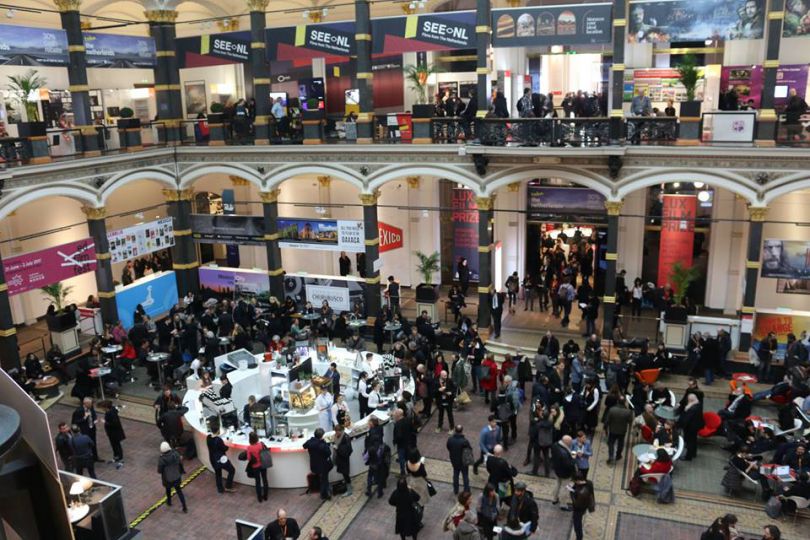

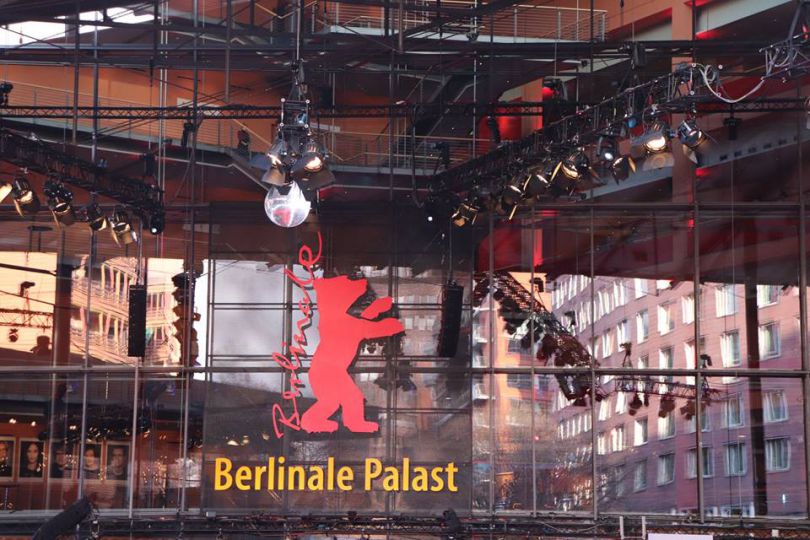

 Chatelin Bruno
Chatelin Bruno 

















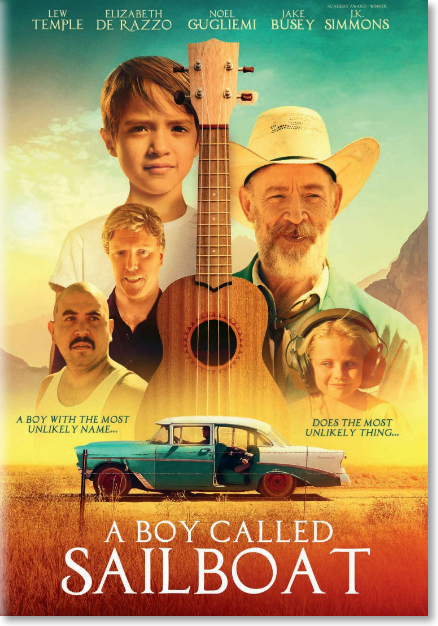
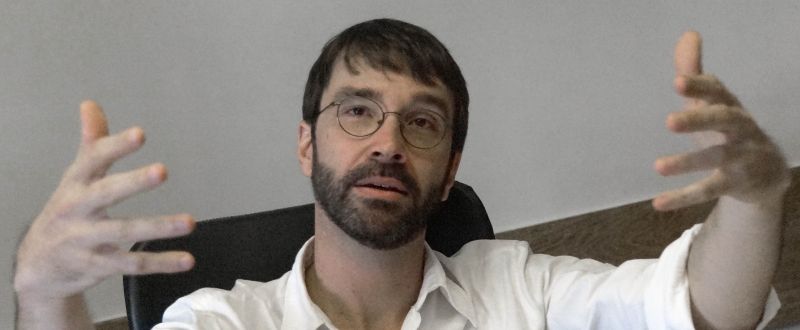
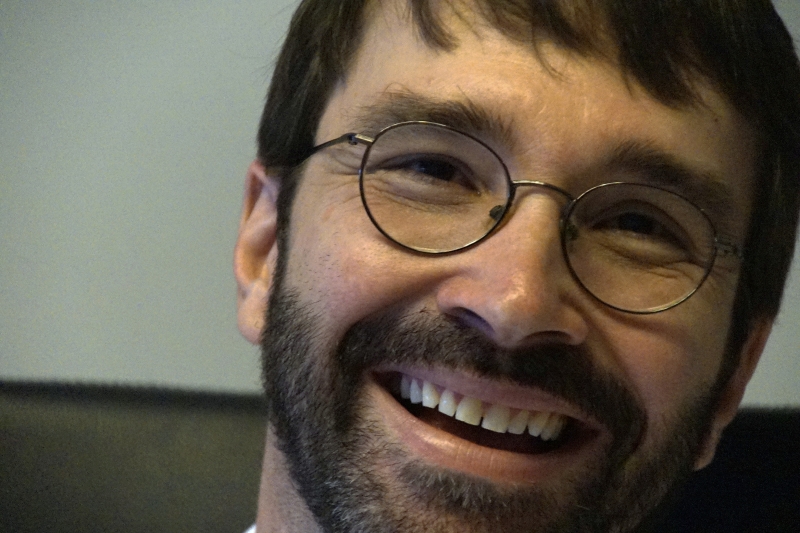
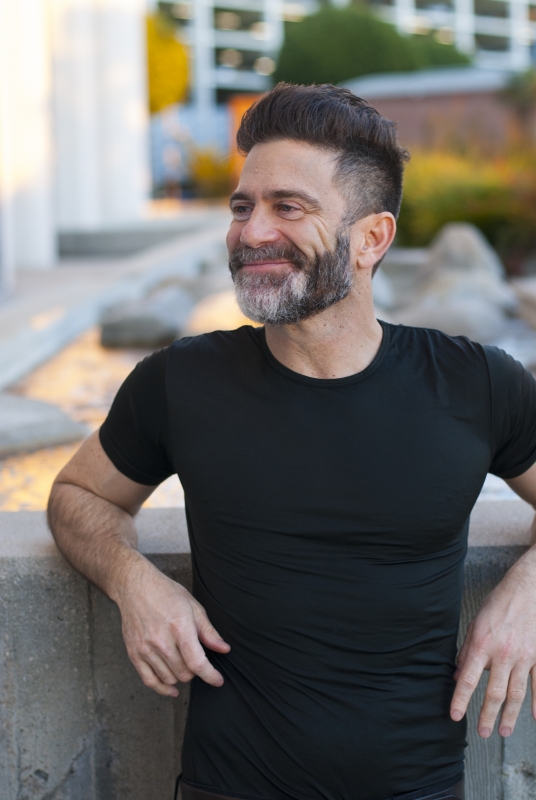
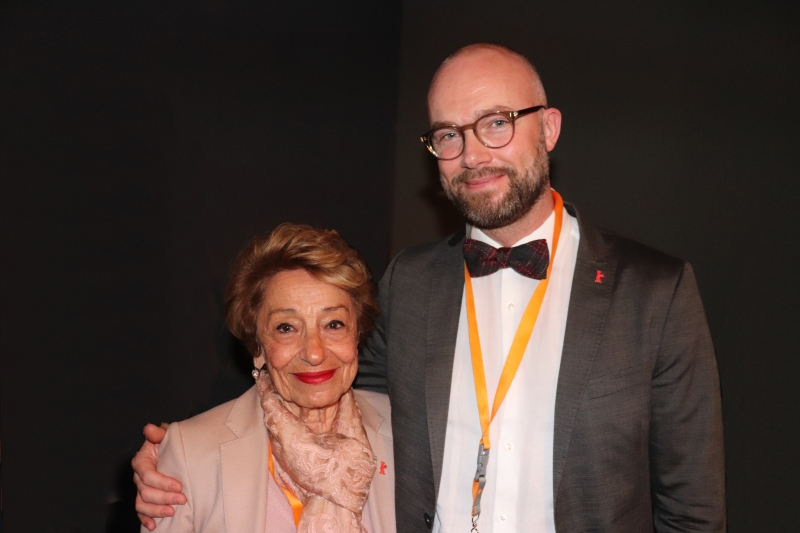
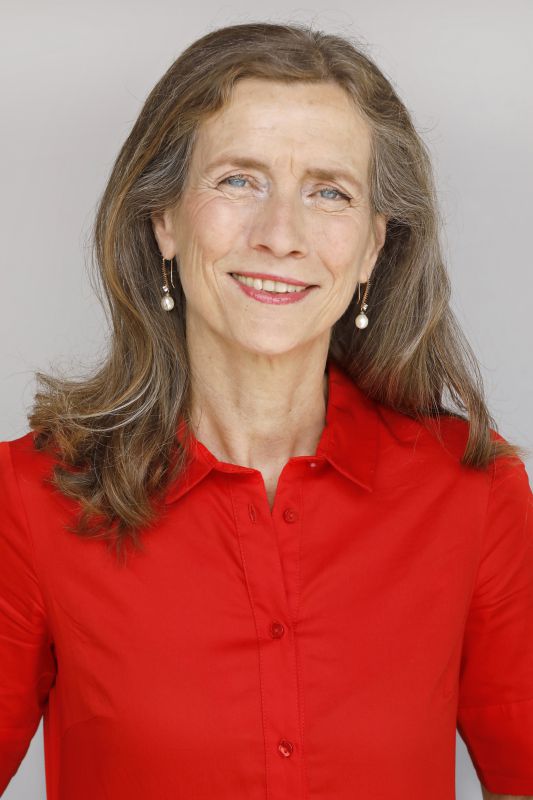




Comments (1)
Thanks Claus!
THank you Claus for a great interview - great insight!
cheers